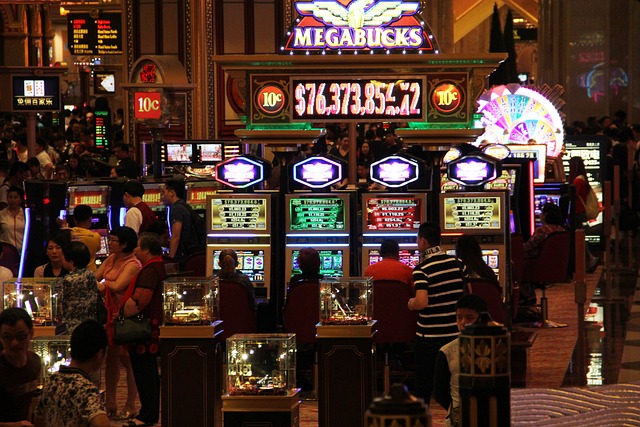Gambling is a worldwide activity in the lively setting of the National Casino, yet there are notable cultural differences in how people interact with casinos. The global gambling scene is a mix of old and new. It has unique games, varied laws, and different player habits.
Asia: A Blend of Tradition and Modernity
Casinos are thriving economic engines in nations like Singapore and Macau. Macau, the “Las Vegas of Asia,” is famous for high-stakes games, especially baccarat, which Chinese players love. Baccarat is popular for its low house edge and simplicity. It suits a preference for games that prioritize social interaction and strategy.
Singapore’s Marina Bay Sands is an example of how opulence and rules can coexist. To balance tourist and local concerns, the government enforces strict rules. These include entry fees for locals and designated casino zones. Singapore allows internet gambling, but with caution. This reflects a culture that values both controlled entertainment and innovation.
Europe: Diverse Gaming Traditions and Strict Regulations
Europe has a diverse range of gaming traditions. The famous Monte Carlo Casino in Monaco, a favorite of the elite, is the pinnacle of luxury. It offers traditional games like poker and roulette. Scandinavian nations like Sweden and Finland focus on responsible gaming. They have strict laws to prevent addiction and promote safe gaming.
Bingo, sports betting, and classic slots are just a few of the many games available in the UK’s thriving gambling sector. The UK Gambling Commission enforces strict laws. They ensure fair play and protect consumers. This creates a safe environment for UK and foreign players.
North America: Innovation and Cultural Diversity

Renowned for its opulent casinos and extensive game choices, Las Vegas continues to be the epicenter of North American gaming. The city serves a wide range of customers. It is always creating new, immersive experiences and themed casinos. In contrast, Atlantic City has fewer casinos. But, it is growing with new resorts and entertainment venues.
Canada’s gambling industry is governed by provincial laws. Each province runs its own casinos and internet gambling sites. This decentralized approach creates custom rules for local tastes and customs. It ensures a balanced, region-specific gambling environment.
Middle East: Emerging Markets and Cultural Sensitivities
In the Middle East, gambling is mostly prohibited because of cultural and religious customs. Still, new markets like Israel and the UAE are warily exploring casino tourism. To attract tourists while upholding local values, several areas are limiting gaming. Upscale resorts with integrated entertainment are replacing cultural values. They accept global gambling norms. This is a slow shift.
Latin America: Rapid Growth and Diverse Offerings

The gaming industry in Argentina, Brazil, and Mexico is growing fast. Mexican casinos often mix modern slots with classic games, like craps. This attracts a wide range of customers. Brazil is easing its gambling rules. It expects a boom in physical and online casinos. These will likely offer a mix of domestic and foreign games.
Player Behaviors: A Reflection of Cultural Values
Globally, player behaviors reflect societal standards and cultural beliefs. Gambling is a social pastime in East Asia. It is often part of family and business gatherings. North American gamblers seek thrill and big wins. European players prefer relaxation and fun.
Cultural customs, laws, and shifting player tastes shape global gaming trends. The gambling industry is a dynamic, cultural mirror. It thrives as long as casinos adopt global trends and adapt to local conditions. Comprehending these distinctions not only improves the gaming experience but also cultivates a more profound understanding of the diverse ways individuals worldwide interact with casinos.
